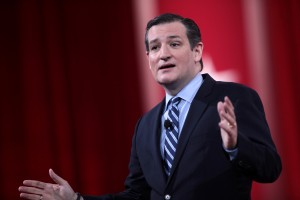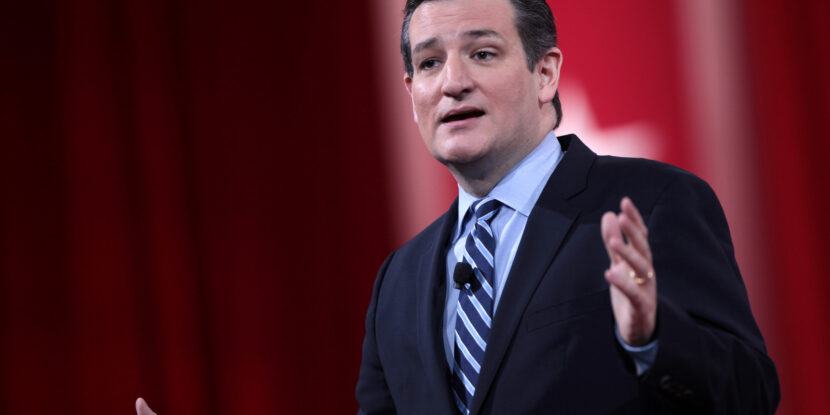
Ted Cruz has a problem. The foundation of the Senator’s campaign depends on winning among two major voting groups: evangelicals and libertarians. On its face, this strategy makes sense. Both are groups heavily represented in the early primary states, and anyone lucky enough to get their support could become a major player in the Republican primaries. A second glance, though, shows that succeeding with this strategy is easier said than done, as virtually every candidate is trying to curry favor with evangelicals, and Cruz faces stiff competition for the second group from Rand Paul.
Cruz believes he’s found a way to overcome this shortfall, however, by going after libertarians who disagree with Rand’s national security policy:
Perhaps surprisingly, Cruz’s [analytics] team discovered that national security is a prominent and growing concern among libertarian voters. “There is a plurality of libertarians whose top issue is national security today,” [Cruz campaign director of research and analytics Chris] Wilson says, pegging the figure in the mid-30s. “Now, I doubt that was the case in 2008. It may not have been even in 2012. But today it is.” Consequently, he believes that Cruz’s support for the USA Freedom Act, which Senate Majority Leader Mitch McConnell backed begrudgingly after failing to pass a bill reauthorizing the Patriot Act, hit the sweet spot in terms of appealing to libertarians who dislike the NSA but fear ISIS.
Is national security a major issue for libertarians? Probably, but I’m going to go out on a limb and say that their definition of national security probably differs from Mr. Cruz’s. Cruz has been making a name for himself by demanding more robust U.S. involvement in conflicts from ISIS to Russia, but he seems to recognize an undercurrent in the party against foreign intervention, as evidenced by his comments that Iraq was “of course” a mistake.
Another thing for Cruz to consider is that his “sweet spot”, the USA Freedom Act, would not have passed if Mitch McConnell had succeeded in his efforts to pass a clean extension of the Patriot Act, and the person who received the most credit for stopping the Act on the Senate floor was not Ted Cruz, but Rand Paul.
Nick Arnold is a researcher for American Principles in Action.


